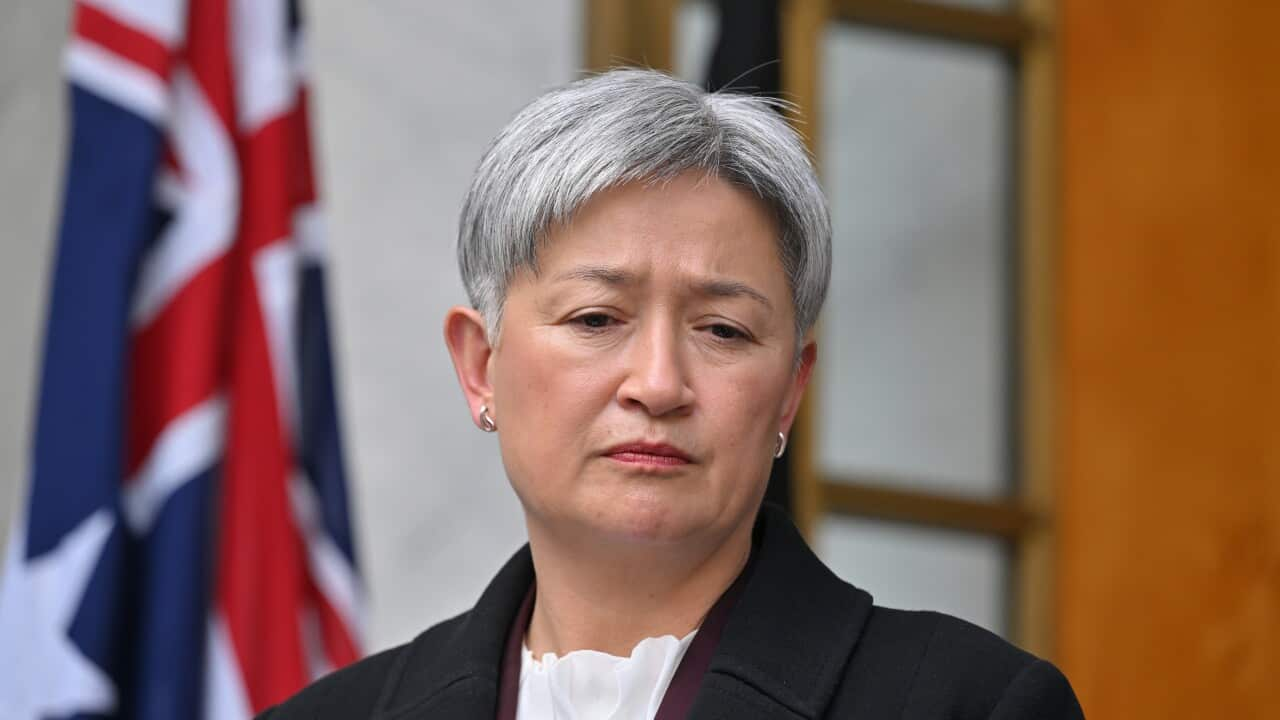Listen to Australian and world news, and follow trending topics with SBS News Podcasts.
TRANSCRIPT
Nelli Stevenson has suffered from chronic pelvic pain since the age of 14.
She spoke to SBS World News, saying it became drastically worse after the birth of her child.
"I've had several medical professionals tell me that I'll be in pain for the rest of my life. There's only so much they can do for me surgically."
A new report that surveyed 5,000 Australians found Australians living with chronic pain continue to suffer from stigma.
That research by Chronic Pain Australia found 74 per cent feeling ignored or dismissed; and 48 per cent experiencing prejudice from health professionals.
It found nearly three-quarters of chronic pain sufferers experience mental health issues as a result of their pain.
Nearly two-thirds are unable to work and experience financial strain.
The chairperson of Chronic Pain Australia, Nicolette Ellis, says one in five Australians live with chronic pain.
"It's more burdensome than or more prevalent than mental health conditions. It costs our economy more than cardiovascular disease, cancer and diabetes combined and one in five Australians, that's about 3.6 million live with chronic pain."
She says more effort needs to be made to ensure people can get help.
"Chronic pain is a complex condition to treat and it usually needs a team of health professionals, with different skillsets to help build that person's toolkit. Unfortunately, in the National Pain Report we saw that only 18 per cent of people are referred to what we call multidisciplinary care where they can get access to those different health professionals to help support their care."
The report found this year - 2025 - 54 per cent of survey respondents reported waiting more than two years for a diagnosis, and 44 per cent waited over three years.
"One woman quoted that she lost her marriage, her work and her identity before she even received a diagnosis."
This in turn can drastically affect the mental health of individuals.
Ms Stevenson shares how some people with chronic pain talk about grief.
"I often see folks within chronic pain communities talk about grief, they talk about grieving their healthy bodies or grieving their former life or former abilities."
Despite the prevalence of the condition, many people who suffer from chronic pain say their concerns are dismissed and often thought as normal.
They say it's not just by family and friends, but sometimes health professionals too.
"I ended up almost dying at one point because I had normalised such chronic abdominal pain that my appendix had ruptured and I didn't present to hospital until 12 days after it had happened."
Chronic Pain Australia's report calls on the federal government to make chronic pain a national priority through changes like providing more localised funding to primary care and the coding system.
Ms Ellis says they are also calling for pain to be recognised as a health condition, not just a symptom.
"We need access to a number of health professionals who can be really specialised in their role whether that's improving function, improving mental health or improving sleep."













